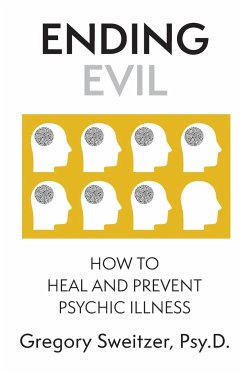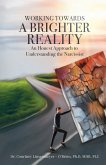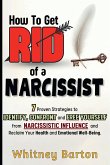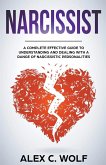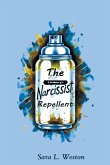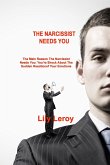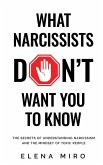Reading the news, it would seem that the world is filled with senseless harm and destruction, enormously degrading our quality of life. Is this inevitable? Is it human nature for people to take advantage, exploit, abuse, and wreck each other? Is this normal? Is this who we are? Or are there identifiable influences that foster and encourage such behavior, influences that can be modified, reduced, and eliminated? Is it possible to develop a science of good and evil? For more than 2,000 years, as far back as Plato and Socrates, people have likened evil to a disease, but none thought the analogy to be anything more than a metaphor. What if evil is a disease? What causes it? How does it work? How do we stop it, heal from it, and prevent it? Psychic illness is caused by a mind virus transmitted through social behavior. Ending Evil offers ten proofs that this is an infecting, metabolizing, reproducing, disease-causing organism. Hijacking the enormous power of culture, behavior-borne viruses can be far more dangerous than biological viruses. They alter our thinking, emotions, beliefs, and behavior, turning them against us, and we are in a pandemic of infectious misbehavior. This disease is spreading. Its problems are intensifying. It has infiltrated our culture, our institutions, our media, and our minds. This is the issue of our age, and if we don't come to terms with it, it will destroy us. We are, by nature, neither good nor evil. We are what we choose to be, and the world is what we make it. We are free. Culture and psyche are software, and we are programmable. There is no innate human nature. Evil is not baked into our souls. It is a parasite latched onto us that can be starved and shed. We can become our own worst nightmare, or we can make a paradise of Earth and live amazing lives. The choice is ours. Recognizing evil as an infectious disease allows us to use the tools of science to combat it. Suddenly we can diagnose, research, prevent, and treat many of our oldest and worst problems. The disease model allows us to reveal its operations, heal, and disrupt its life cycle using existing, off-the-shelf epidemiological methods, public health strategies, and psychological treatments. Evil is weaker, and we are more powerful, than we ever dreamed. Evil is a dysfunctional problem-solving strategy, a response to contrived, man-made situations and problems. What happens when these no longer exist? We end evil by starving it and removing the corrupt incentives for it we've installed in our culture. We quit evil by denying it habitat and refusing to feed, model, or transmit it. We displace evil by providing more effective and pleasant ways of addressing life's challenges. We move beyond evil by providing alternatives that render it unnecessary and obsolete. We lose our need of it. We outgrow it. Certainly, this is a phenomenal undertaking. But the fact that we can imagine it raises the possibility that it can be done. We imagined many things in the past that seemed fantastic, preposterous, utterly impossible to accomplish. And then we did them. Why not this? We are immensely powerful, far more than this parasite virus. We have enormous problems that require equally enormous solutions. This is a time to think big. We are living below our potential, and another world is possible.
Hinweis: Dieser Artikel kann nur an eine deutsche Lieferadresse ausgeliefert werden.
Hinweis: Dieser Artikel kann nur an eine deutsche Lieferadresse ausgeliefert werden.

